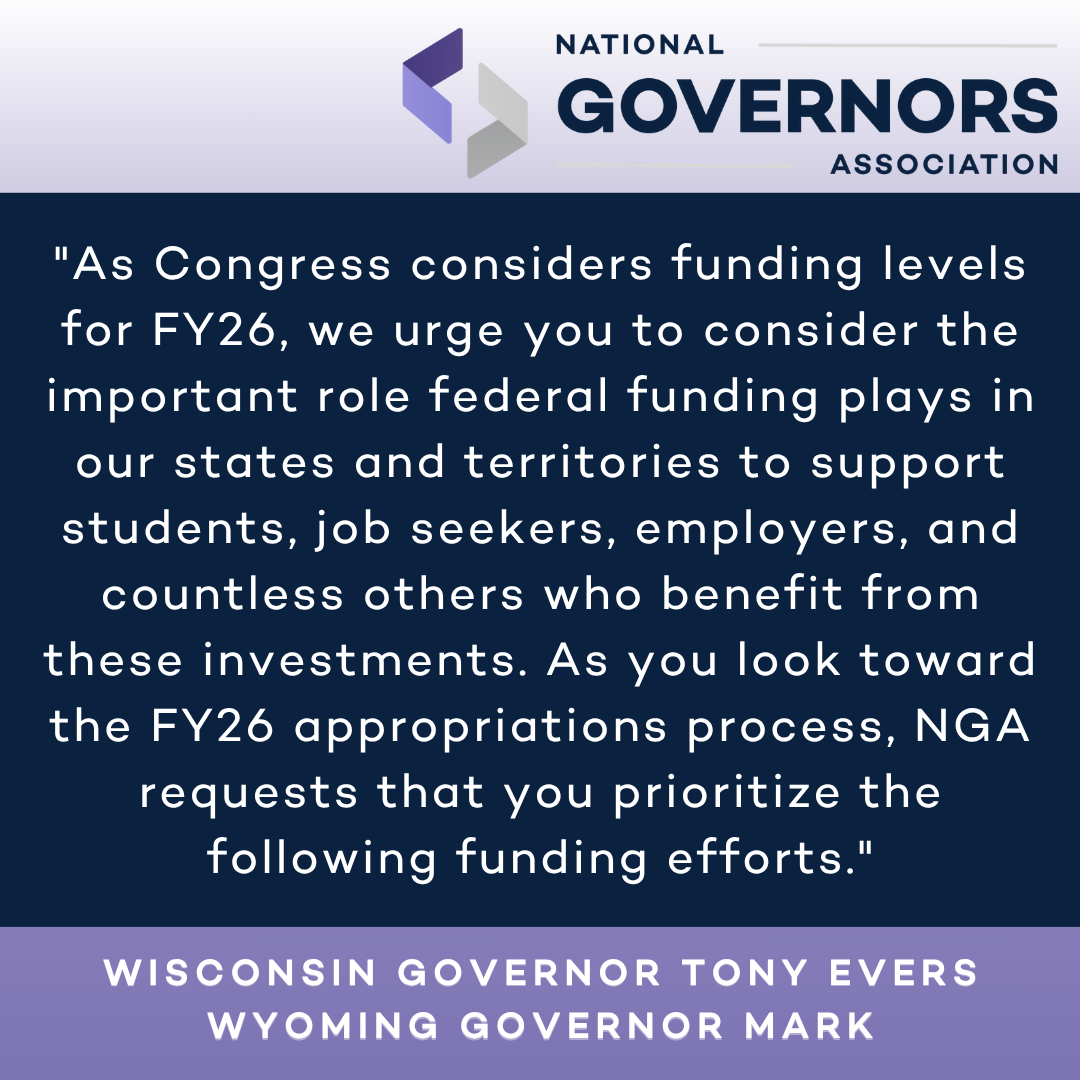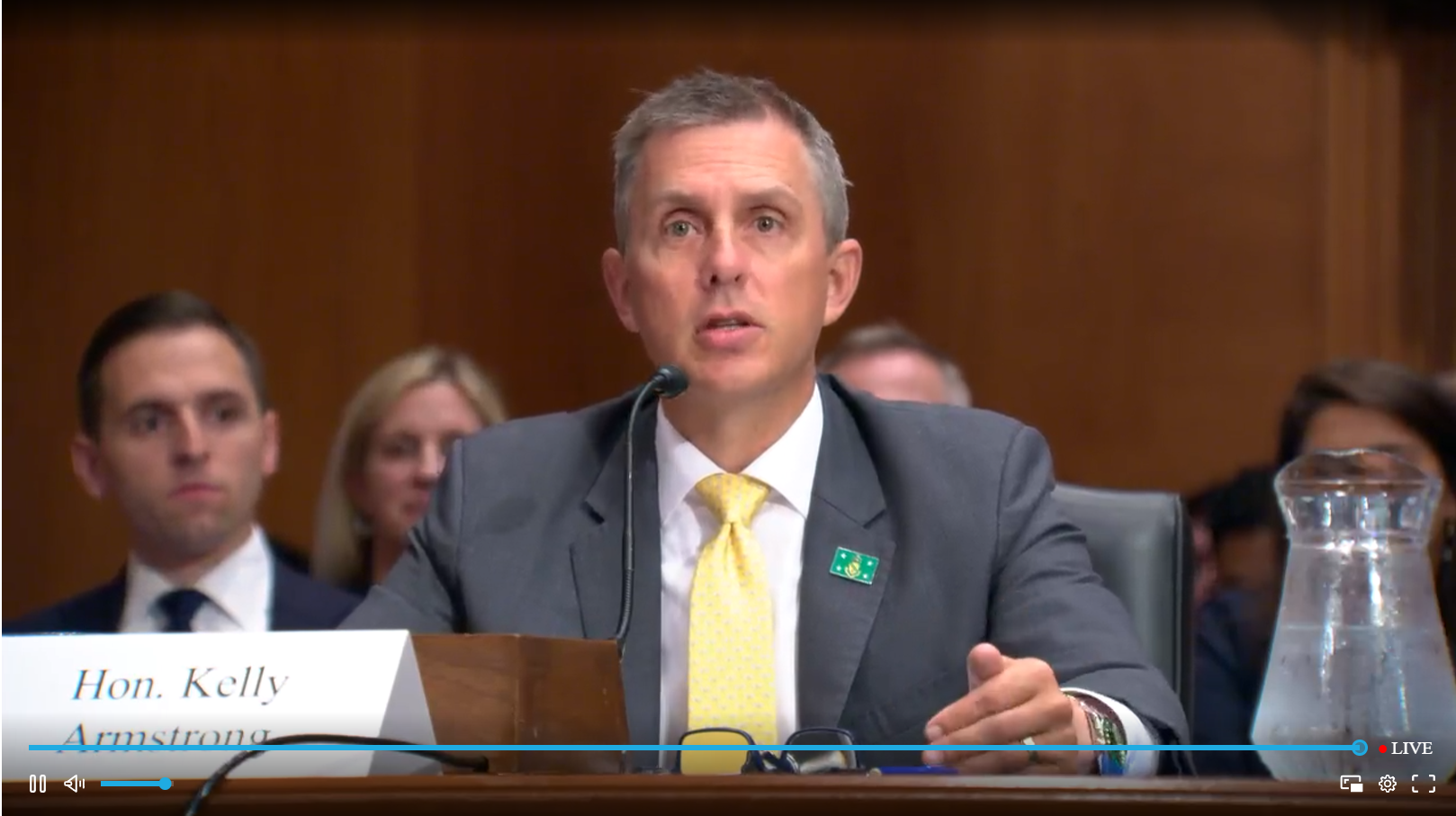Governors have long been at the forefront of efforts to prevent and treat opioid use disorder (OUD) and substance use disorder (SUD), working with stakeholders to mount a comprehensive response to the opioid epidemic. Since 2012, the National Governors Association Center for Best Practices has supported states in their efforts to address this crisis and help save lives. Over the years, NGA Health and NGA Public Safety and Legal Counsel have jointly worked with states to identify and implement evidenced based best practices related to substance use disorder. NGA focus areas include but are not limited to:
- Sharing evidenced based prevention, treatment, and recovery strategies and programs;
- Using data and evaluation in policy development;
- Improving outcomes for targeted populations (justice-involved individuals, pregnant and parenting women, LGBTQIA+, people of color, and other historically underrepresented populations);
- Expanding access to medication for opioid use disorder (MOUD);
- Identifying trends in polysubstance use and identifying comprehensive responses to addiction;
- Addressing infectious diseases as a result of SUD/OUD;
- Strategies to improve the treatment of individuals with co-occurring disorders; and
- Increasing access to non-opioid management of chronic pain.
Current Projects
Improving Outcomes for Individuals with Opioid Use Disorder on Community Supervision
While states have made progress in implementing and expanding access to treatment services for justice-involved individuals within correctional facilities, many states continue to encounter significant barriers to continuity of care and access to evidence-based treatment upon reentry and reintegration into the community. In response, NGA and the American Correctional Association are supporting Alaska, Maryland, Tennessee, and Virginia through December 2021 on efforts to strengthen health and substance use treatment services for justice-involved populations on community supervision. This work includes increasing connections to, and continuity of, treatment services for justice-involved individuals, including MOUD. Additionally, pursing strategies to promote reentry planning and continuity of care and best practices from other states on supervision strategies that support access to community-based treatment for individuals with OUD.
Through a partnership with the Department of Justice Bureau of Justice Assistance Comprehensive Opioid, Stimulant, and Substance Abuse Program (COSSAP), NGA hosted a roundtable with officials from Arkansas, Delaware, Kansas, Pennsylvania, and Tennessee to discuss shared challenges and innovative approaches to improving community supervision of individual with substance use disorder. This roundtable culminated in a publication on Community Supervision and Treatment of Individuals With Substance Use Disorder Challenges and Opportunities for Governors and State Officials.
Improving Care for Stimulant and Polysubstance Use
NGA has been hosting a series of learning calls with national experts, Governors’ office staff and senior officials, researchers, academics, and local organizations to better understand the current landscape and challenges from state leaders for addressing stimulant and polysubstance use at the state level. These conversations culminated in a roundtable in July 2021, where eight focus areas emerged that Governors and their senior state officials could consider in developing and implementing equitable approaches to reducing stimulant and polysubstance use. To build on these efforts and continue supporting Governors, NGA will launch a Policy Academy this fall for four states on implementing and strengthening strategies aimed at improving care for individuals affected by stimulant and polysubstance use.
Substance Use Disorder and Addiction Library
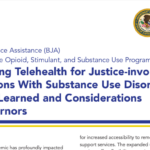
Leveraging Telehealth for Justice-involved Populations With Substance Use Disorders

State and Federal Actions to Respond to Xylazine

Youth Mental Health and Substance Use
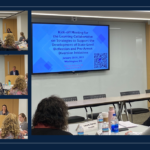
DPAD Learning Collaborative

Wrap Up Meeting for the Policy Academy on State Strategies to Improve Care for Stimulant and Polysubstance Use
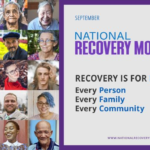
National Recovery Month – 2022

Supporting and Sustaining Access to Harm Reduction Services for People Who Use Drugs
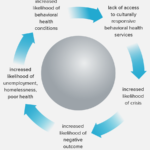
Behavioral Health Equity for All Communities: Policy Solutions to Advance Equity Across the Crisis Continuum



